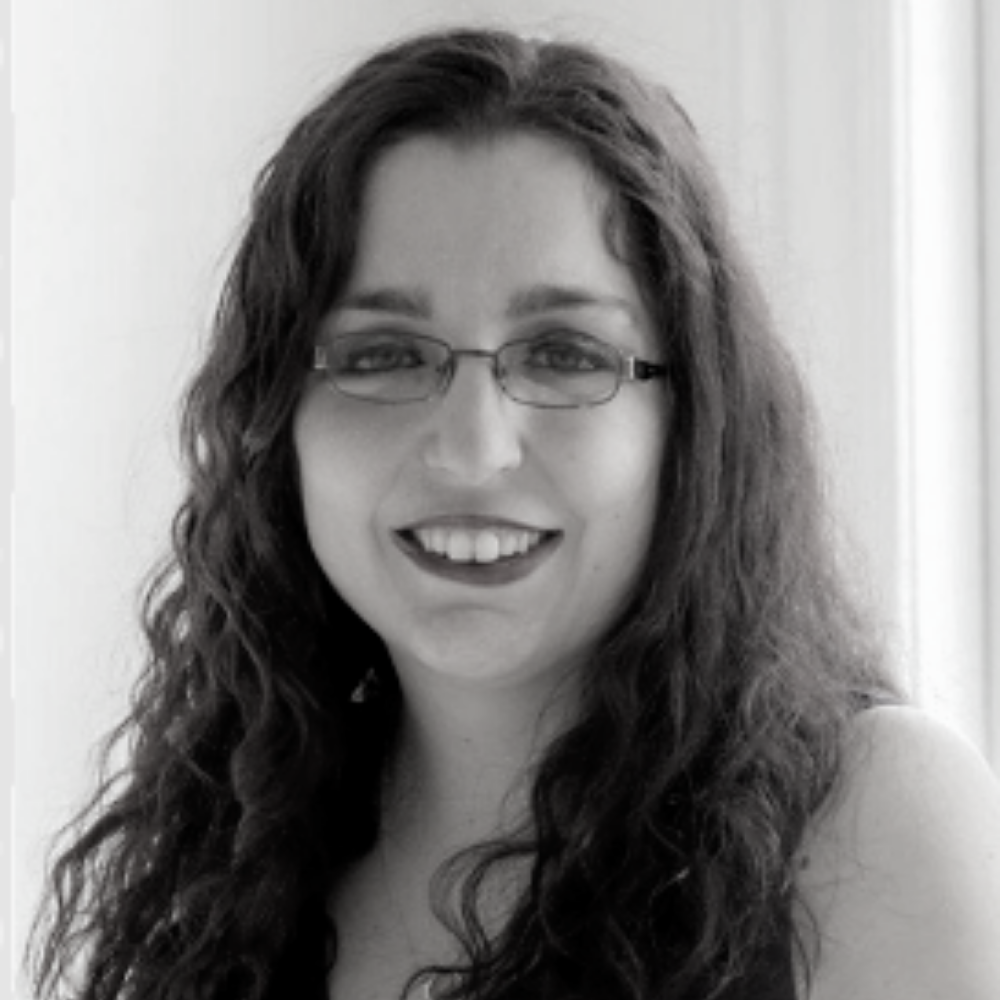
Amy Gravino, M.A., is an autism sexuality advocate and Relationship Coach in the Center for Adult
Autism Services at Rutgers University. She is also the President of A.S.C.O.T Consulting, which offers
autism consulting, college coaching, and mentoring services for organizations, schools, individuals on
the autism spectrum, and their families. Amy is an international speaker who has given TED talks,
spoken twice at the United Nations for World Autism Awareness Day, and presented worldwide to
audiences on a variety of topics related to autism, with a dedicated special focus and research on the
subject of autism and sexuality. Ms. Gravino obtained her Masters degree in Applied Behavior Analysis
from Caldwell University in 2010 and currently serves on the Boards of Directors of Yes She Can, Inc. and
the Golden Door International Film Festival of Jersey City, as well as the Scientific Advisory Board of
Simons Foundation Powering Autism Research (SPARK). She is an award-winning writer who has co-
authored a chapter on autism and sexuality in the Handbook of Quality of Life for Individuals with
Autism Spectrum Disorder, and her work has been featured in Spectrum, the leading online news source
for autism research, and other outlets. Visit www.amygravino.com to learn more.
Presentation at the ABA International Conference 2022.
Entering Into Adulthood with Autism: What We Know and What We Still Need to Learn
Autism is defined as a lifelong developmental disability that affects communication, social skills, and behavior, yet the image of autism that we see both in the medical community and popular culture tends to be almost entirely of children. By painting autism as something that only happens in childhood, we overlook and ignore a simple yet incredibly important truth: That autistic children grow up and become autistic adults. This presentation interweaves the limited knowledge that we have of autism in adulthood with one young woman’s personal story, and the journey her parents and she embarked on after she received the diagnosis of autism at age 11. Strategies for fostering interdependence in individuals on the spectrum will be discussed, as well as ideas for talking about and planning the future with, rather than for, your autistic children and clients.